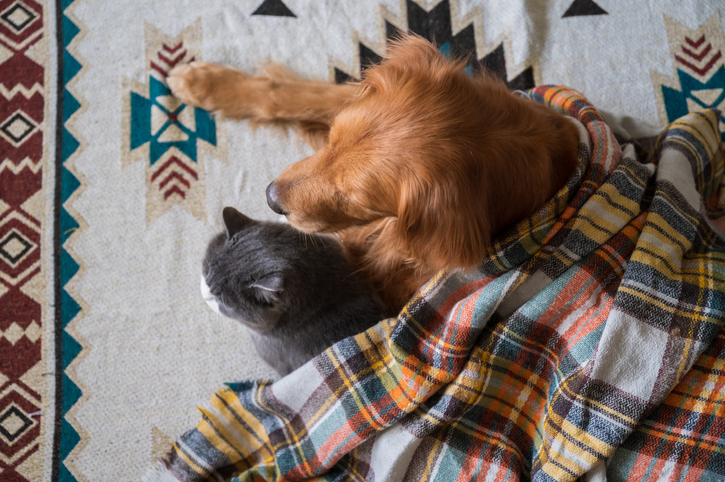
Preventative health care
7th April, 2021
Just like us, our faithful canine and feline pets grow old too. Making time relevant exercise, lifestyle and healthcare interventions can really help to ease them through their golden years.
Preventative health care in the senior pet is about noticing things early, being proactive and remembering that age is just a number! It’s the early detection of any potential problems developing whilst maintaining overall health and wellness. Remember to keep up with regular health checks, vaccinations and routine parasite control for fleas, worms and ticks.
Our senior pets will really benefit from regular check-ups to detect changes in mobility, dental health, eyesight and other common age related changes.
Listed below are some of the more common age related changes we need to keep an eye out for in our senior pets.
Mobility:
It’s very common for our senior pets to slow down and find exercising a little tricky. You might notice they are a little stiff after a walk, or when getting up from a sleep. Non-slip mats to cover slippery floors and a supportive bed can make a big difference to your dog and cat. Often a combination of medication alongside physical therapies will be suggested to help keep your pet comfortable, mobile and pain free. So don’t despair, there is so much which can be done to help your pet and it’s definitely best to be proactive and speak to your vet team as soon as you notice any subtle changes in exercise tolerance or general mobility.
Top Tip: Keeping an exercise diary is an excellent way to record your dog’s mobility and help you to notice any subtle changes over time.
Eyesight:
Most animals will cope very well with a gradual reduction in vision but be mindful to keep room layouts the same and not leave trip hazards lying around. Cats might need their unsupervised outdoor time restricted if their eyesight becomes less effective. It’s worth letting your vet team know if you notice your dog or cats eyes becoming cloudy.
Teeth:
Keep a check on your pet’s teeth and if they’ll allow you to, brush their teeth on a regular basis to reduce the build-up of tartar. Keep a check out for any strong odours, damaged teeth or changes in eating habits, such as chewing on one side or showing a preference for softer foods.
Diet and weight management:
Allowing your dog or cat to become over weight will put stress on all of their body systems and joints so keeping them at an ideal bodyweight is really important. There are lots of life stage specific foods available for the senior pet, providing the correct levels of fats, proteins and calories. Remember to make any dietary changes gradually over a period of several days. There are also special diets available from your vet. These can help if your pet has been diagnosed with changes in their liver or kidney function, which can be very common in senior pets.
Speak to your vet nurse for further advice, be proactive and remember that age is just a number! Remember you can contact us 24hrs a day 365 days a year with any questions you have about your pets health and wellbeing, just call us on 0330 001 5153 or use our live chat service by CLICKING HERE.